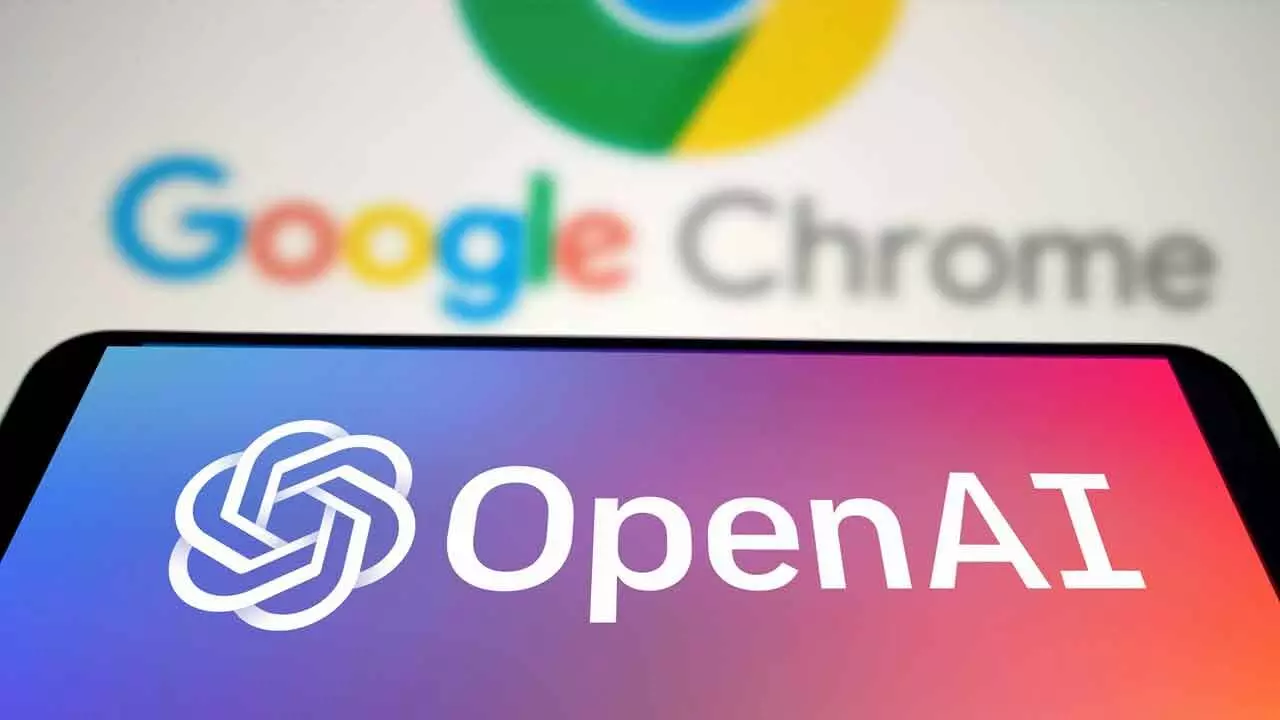OpenAI Set to Launch AI-Powered Browser, Threatening Google Chrome’s Market Stronghold
Share :

OpenAI’s upcoming AI browser may redefine web use, challenging Google Chrome and shifting billions of queries away from traditional search engines.
In a potential game-changer for the digital world, OpenAI is preparing to unveil its own AI-powered web browser—an innovation that could significantly challenge Google Chrome’s dominance. As reported by Reuters, this new browser will incorporate ChatGPT-like capabilities, turning everyday browsing into a dynamic, AI-led experience.
Sources close to the development say the browser may launch within weeks. OpenAI’s goal is to shift internet usage from traditional, passive navigation toward an active, assistant-driven model. Imagine having an AI handle tasks like booking flights, filling out online forms, or even completing purchases—all within the browser.
This shift could have major consequences for Google. Chrome plays a crucial role in Alphabet’s $200 billion ad business, serving as a primary channel for collecting user data and driving traffic to Google Search, which is set as the default engine for most Chrome users. With over 3 billion users globally, Chrome helps power the algorithms that target ads with precision. Nearly 75% of Alphabet’s revenue comes from advertising, much of it tied directly to this ecosystem.
However, OpenAI’s browser could reroute user behaviour. By integrating AI agents that perform tasks and provide information directly through a chat interface, users may no longer need to visit websites or conduct traditional searches—undermining Google's core business model.
A key feature of the browser is its use of OpenAI’s internal tools like Operator, which can take actions on the user’s behalf. This includes making restaurant reservations, navigating web pages, and executing transactions, moving toward a future where the internet is experienced through proactive AI agents rather than clicks and searches.
Although OpenAI is entering Google’s territory, it’s building this browser on Chromium, Google’s own open-source browser engine. Chromium also powers Microsoft Edge and Opera. Interestingly, OpenAI has hired two former Google vice presidents who were instrumental in developing Chrome, underscoring the company’s ambition to take on Google with experienced insiders.
This move also comes at a delicate moment for Google. The tech giant is under pressure from U.S. regulators after a 2023 court ruling declared Alphabet held an unlawful monopoly in online search. The Department of Justice has even proposed a divestiture of Chrome. During recent legal proceedings, an OpenAI executive hinted at the company’s interest in acquiring Chrome if that ever became a real possibility.
OpenAI is not alone in the AI browser race. Competitors like Perplexity have launched Comet, while Brave and The Browser Company have also introduced smart browsing features powered by AI. Yet, OpenAI’s 500 million weekly ChatGPT users give it a formidable advantage when it comes to rapid adoption.
This browser launch is also part of a broader vision. OpenAI recently acquired io, an AI hardware company led by Apple’s former design head, Jony Ive, in a $6.5 billion deal—signaling its intention to build a seamless AI ecosystem across software and devices.
As AI continues to blur the line between assistant and user, OpenAI’s bold step into web browsing may mark the start of a new internet era—one that’s interactive, intelligent, and possibly free from Google’s long-standing grip.
